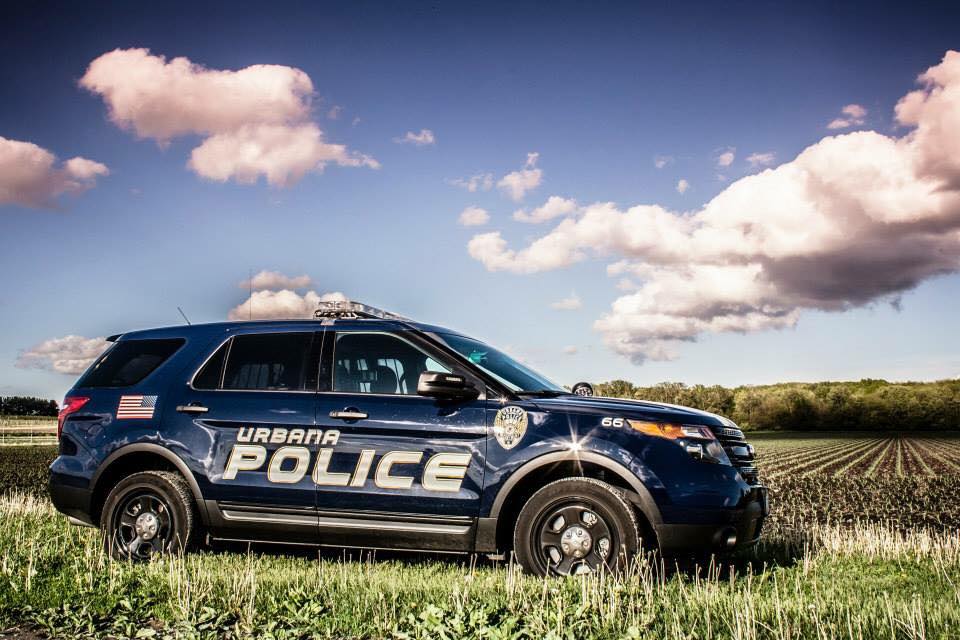In 2004 the State of Illinois required all law enforcement agencies to report their annual traffic stop data to the Illinois Department Of Transportation (IDOT). The Urbana Police Department’s (UPD) data shows they have enforced traffic laws inequitably every year since state reporting was required. During these 17 years, African American drivers in Urbana have made up between 28% and 42% of all stops while being a significantly smaller percentage (14%-18%) of the local driving public each year. Unfortunately this fact has negatively impacted hundreds of African American people financially, socially, and psychologically in a multitude of ways.
The recent 2020 IDOT Traffic Study reported that African American drivers in Urbana were 5.1 times more likely to be stopped than white drivers (with a statistical 95% confidence interval of 4.5 to 5.7). IDOT stated that approximately 85% of the drivers stopped live within a 50-mile radius of their home. In Urbana’s case this would include all of Champaign County and parts of its neighboring six counties: Ford, Piatt, Douglas, Edgar, Vermilion, and McLean. According to the 2020 census these seven counties collectively have an African American population of 10.5%. UPD’s stop rate of African American drivers is many times higher than this percentage.
In its latest attempt to address this racial inequity, the UPD implemented a new traffic enforcement policy on January 1, 2021 that directs officers to conduct traffic stops within designated street zones that have been identified as high risk for accidents. Although the actual number of stops this year has decreased greatly due to COVID precautions, UPD’s own data website portal shows that since January 1st, 44% of all stops were of African American drivers — the highest racial inequity ever recorded.
Real change in traffic stop enforcement is definitely needed but has been elusive. City studies in 2010 and 2015 unequivocally stated this racial disparity is real and unacceptable. Mayors, city councils, professional city staff, and police chiefs have repeatedly addressed the issue of Urbana’s traffic stop racial disparities in a variety of ways, including more police bias training, traffic stop policy changes, hiring a crime analyst, and additional community outreach, to name a few. These were all done with good intentions, but with little success.
With a new three-year Fraternal Order of Police (FOP) contract recently approved by the Urbana City Council, perhaps beat officers should now play a more significant role in solving this problem. After all, these officers should have practical and helpful ideas given they are the front-line people conducting the actual traffic stops.
Good policing is a two-way street. In this case, the community needs the beat officer’s cooperation and direct input to help reduce racial inequities in traffic stops thus also improving police and historically marginalized community relations.
Maybe the following questions to the FOP would start a much needed community dialogue regarding traffic stop inequities. A formal written response by the FOP to the public would be welcomed.
- Does the FOP recognize and accept the fact that traffic stop racial disparities exist locally?
- Does the FOP feel the local racial disparity is legitimate or not? If legitimate, please explain to the public why.
- Does the FOP understand that this inequity cannot be remedied unless beat officers change something in the way they conduct traffic stops?
- If so, what changes to traffic law enforcement practice and policy would the FOP recommend to end inequitable traffic stop racial disparities?
- Does the FOP understand why more police transparency and accountability is needed to rebuild community trust and confidence in police work? If so, what steps would they advise and agree to make this a reality?
The FOP’s professional experience, assistance, and guidance are urgently needed to help solve this racial inequity in local traffic stop enforcement. This problem has negatively impacted our community for far too many years. Urbana has employed police officers to serve and protect everyone fairly and equitably. Historically the FOP has been resistant to change. In this case they must be the change.
Durl Kruse is a retired public school principal from Mattoon who has lived in Urbana for 18 years.








